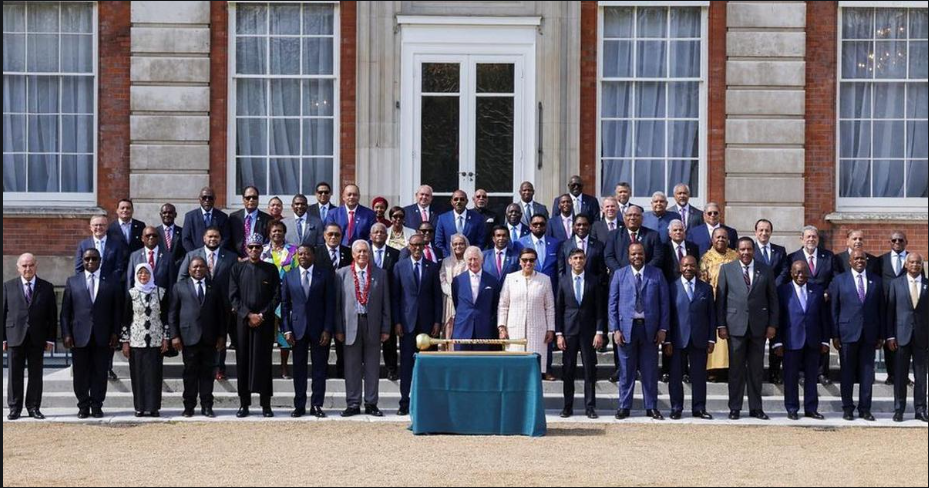In 2021, people born outside the UK made up an estimated 14.4% of the UK’s population, or 9.5 million people, according to the Migration Observatory at Oxford. Most of these people come from Africa, especially Nigeria, to work, study or as dependents.
Yesterday, UK Prime Minister Rishi Sunak announced a hike in the country’s visa application fees and health surcharge paid by immigrants, including Africans to enable the country to fund its public sector. “If we’re going to prioritise paying public sector workers more, that money has to come from somewhere else because I’m not prepared to put up people’s taxes and I don’t think it would be responsible or right to borrow more because that would just make inflation worse,” Sunak said.
“So, what we have done are two things to find this money. The first is, we are going to increase the charges that we have for migrants who are coming to this country when they apply for visas and indeed something called the immigration health surcharge (IHS), which is the levy that they pay to access the NHS.”
Sunak intends to raise at least £1 billion from the hike. In the coming weeks, the UK Home Office will release more details about the hike and the categories of visas it has been applied to.
Corroborating Sunak, John Glen, chief secretary to the UK treasury, said the prices of visit and work visas and post-study work visas will rise. Similarly, he said the cost of study visas, certificate of sponsorship, indefinite leave to remain and settlement status will be more expensive.
UK Immigration Fee Hikes Face Criticism
A coalition of junior doctors, general practitioners and hospital consultants, Doctors in Unite has criticised the move saying it is appalling that migrants will pay double to use the National Health Service (NHS). “Just like other workers, migrants contribute to NHS funding through general taxation. Doubling the NHS surcharge to over $1,570 per year is an unjust additional penalty,” Doctors in Unite said.
Originally introduced to curtail medical tourism in the UK, due to reviewed entry rules post-Brexit, migrants are also required to pay for it. It is paid per person in addition to visa fees for stays of more than six months; the government has proposed raising the IHS for adults to $1,355, and $1,016 at the reduced rate.
Per local reports, work and visit visas will go up by 15% while the cost of student and leave-to-remain visas among others will rise by at least 20%. “These proposed increases create further barriers for global talent… and will have a detrimental effect on [the] U.K. and global science,” says Sarion Bowers, head of policy at The Wellcome Sanger Institute.
Last year, the Institute spent more than $393,000 in immigration fees for its employees.
On the other hand, critics have said that migrants should be refunded visa application fees when rejected. “This policy should be followed with a refund for any applications denied. Because it’s wrong to charge such high fees and keep the money when the visa is not granted,” tweets Chidinma Akaniro, a UK-based policy analyst.
At the end of March 2023, seven African countries—including Nigeria, Algeria, Ghana and South Africa—were among the top 20 countries with UK visa rejections. “When it comes to doing business, shopping at Harrods, coming for a holiday, there appears to be a bias against the African economies that are also an important trading partner with the UK,” says Marta Foresti, founder and chief executive of the Lago Collective.
“China, Turkey and Nigeria have a similar amount of applications for visitor’s visas, for business, tourism and leisure, and yet a Nigerian is four times as likely to have their application rejected than a Chinese applicant,” said Ms Foresti. The rise in visa fees, according to Ms Foresti, will further these inequalities, she said.
“Migrant workers make a huge contribution to public services and society through their hard work and tax contributions. They should be welcomed and treated with respect, not punished for the government’s failure to fund public services properly,” Christina McAnea, the general secretary of Unison was quoted by The Guardian UK.
Get passive updates on African tech & startups
View and choose the stories to interact with on our WhatsApp Channel
Explore




